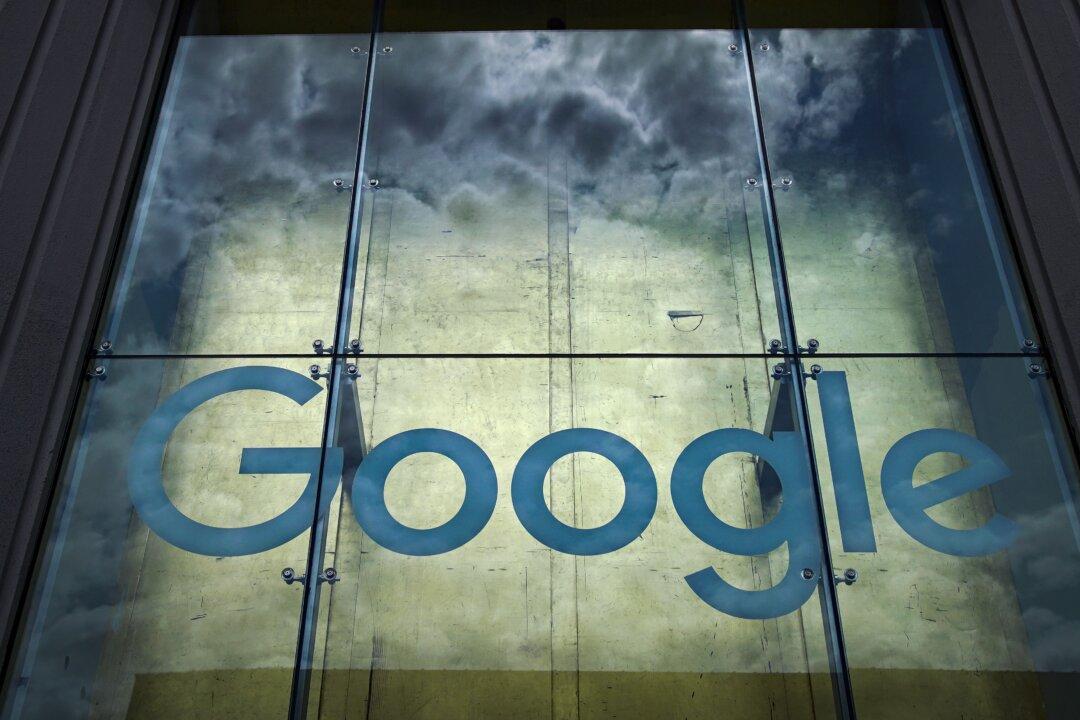A psychologist who has spent years researching Google’s massive influence has suggested a way for the tech giant to avoid potentially crippling government intervention. The solution, a significant sacrifice for Google, would be to open its entire search index to the public.
Google, which controls about 92 percent of the internet search market, has been fined more than $8 billion by the European Union since 2017, and now, U.S. authorities are considering the idea that the company has an antitrust issue.





